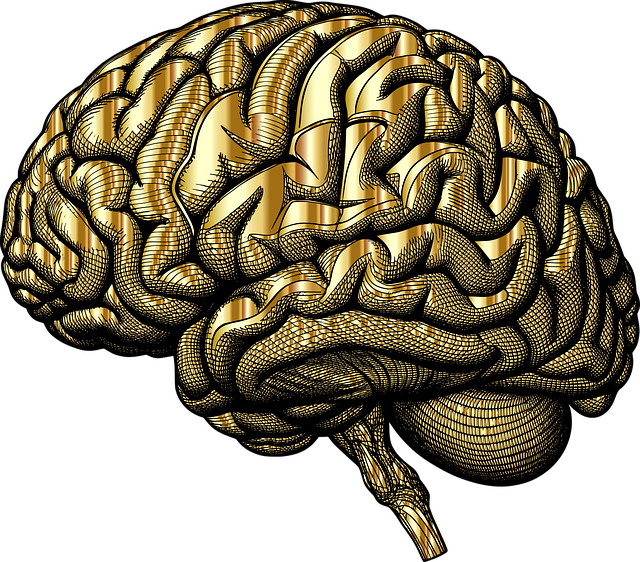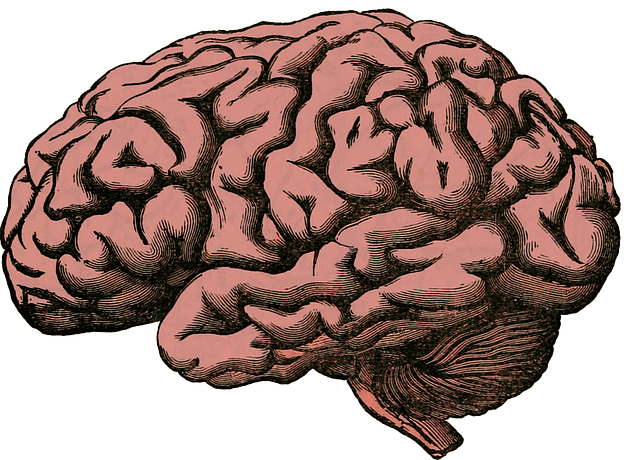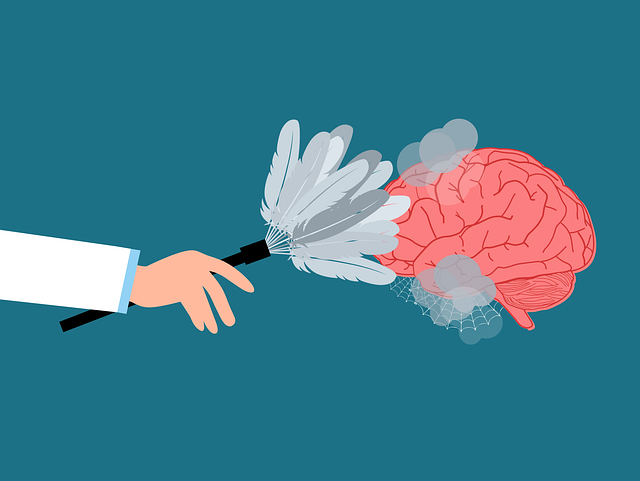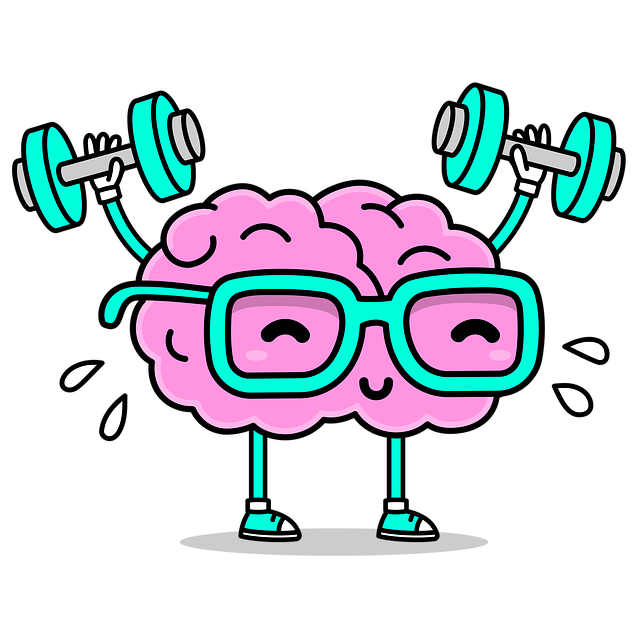Superior Cognitive Processing (SCP) Therapy is a powerful approach to building resilience, using the Resilience Factor Model (RFM) to enhance coping strategies and well-being. By integrating SCP with community support, public awareness campaigns, and mental health education, individuals gain tools to navigate challenges and develop a growth mindset. Daily practices inspired by RFM, including mindfulness and social skills training, cultivate long-lasting resilience, promoting personal growth and improved emotional regulation through evidence-based techniques.
“Unleash your inner strength with RFM—a powerful tool in the realm of resilience building. This article guides you through the transformative process of enhancing cognitive processing and fostering mental fortitude. We’ll explore how RFM, a cutting-edge approach backed by Superior Cognitive Processing Therapy, can be seamlessly integrated into daily routines. Discover effective exercises designed to navigate life’s challenges, ensuring long-lasting resilience. By understanding RFM’s role, you’ll unlock the secrets to a resilient mind, empowering you to thrive in any situation.”
- Understanding RFM and Its Role in Resilience Building
- Exercises to Enhance Cognitive Processing with RFM
- Integrating RFM into Everyday Life for Long-Lasting Resilience
Understanding RFM and Its Role in Resilience Building

Resilience is a vital asset for navigating life’s challenges and traumas, and Superior Cognitive Processing (SCP) Therapy offers an effective approach to building this strength. RFM, or Resilience Factor Model, is a framework that identifies key components contributing to resilience. By understanding these factors, individuals can develop strategies to enhance their coping mechanisms and overall well-being. SCP Therapy leverages the power of the mind by encouraging superior cognitive processing, enabling folks to process traumatic experiences and emotions more adaptively.
This therapeutic approach recognizes that building resilience is not just about individual efforts but also community support. Public awareness campaigns and community outreach program implementations can play a significant role in promoting self-care practices and fostering a culture of resilience. By integrating SCP Therapy techniques into these initiatives, communities can empower members to take charge of their mental health and develop the tools needed to overcome adversity.
Exercises to Enhance Cognitive Processing with RFM

Exercises designed to enhance cognitive processing using RFM (Resilience, Flexibility, and Mastery) techniques offer a powerful approach to Superior Cognitive Processing Therapy. These exercises are meticulously crafted to improve individuals’ ability to navigate complex situations and make sense of their experiences. By focusing on resilience building, individuals learn to adapt and cope with challenges, fostering mental flexibility.
The RFM framework incorporates self-awareness exercises that encourage introspection and reflection, enabling people to understand their thoughts and emotions better. Moreover, social skills training becomes an integral part of this process, as it teaches effective communication strategies, enhancing interpersonal interactions. These exercises contribute to the overall development of mental health education programs, ultimately empowering individuals with the tools they need for a healthier and more resilient mindset.
Integrating RFM into Everyday Life for Long-Lasting Resilience

Integrating RFM (Resilience, Flexibility, and Mindfulness) into daily routines is a powerful way to cultivate long-lasting resilience. This approach draws from Superior Cognitive Processing Therapy, focusing on reframing challenging experiences and fostering a growth mindset. By practicing RFM, individuals can enhance their ability to navigate life’s ups and downs with greater ease. For instance, mindfulness exercises encourage staying present, allowing people to observe thoughts and emotions without judgment, thus reducing reactive behaviors.
Compassion cultivation practices, combined with social skills training, further strengthen this process. Engaging in these activities regularly supports improved mental wellness and emotional regulation. Incorporating RFM into everyday life encourages a more adaptive response to stress, enhancing one’s overall resilience. This holistic approach, grounded in evidence-based therapy techniques, promises lasting benefits for personal growth and well-being.
Resilience is a powerful tool that enables individuals to navigate life’s challenges with strength and adaptability. By integrating RFM (Resilience-focused Mindfulness) exercises into daily routines, we can enhance our cognitive processing and build mental fortitude. This superior cognitive processing therapy approach equips folks with the skills to manage stress, foster emotional well-being, and embrace change. Through consistent practice, RFM becomes a game-changer in cultivating long-lasting resilience, allowing us to dance through life’s twists and turns with grace and composure.













